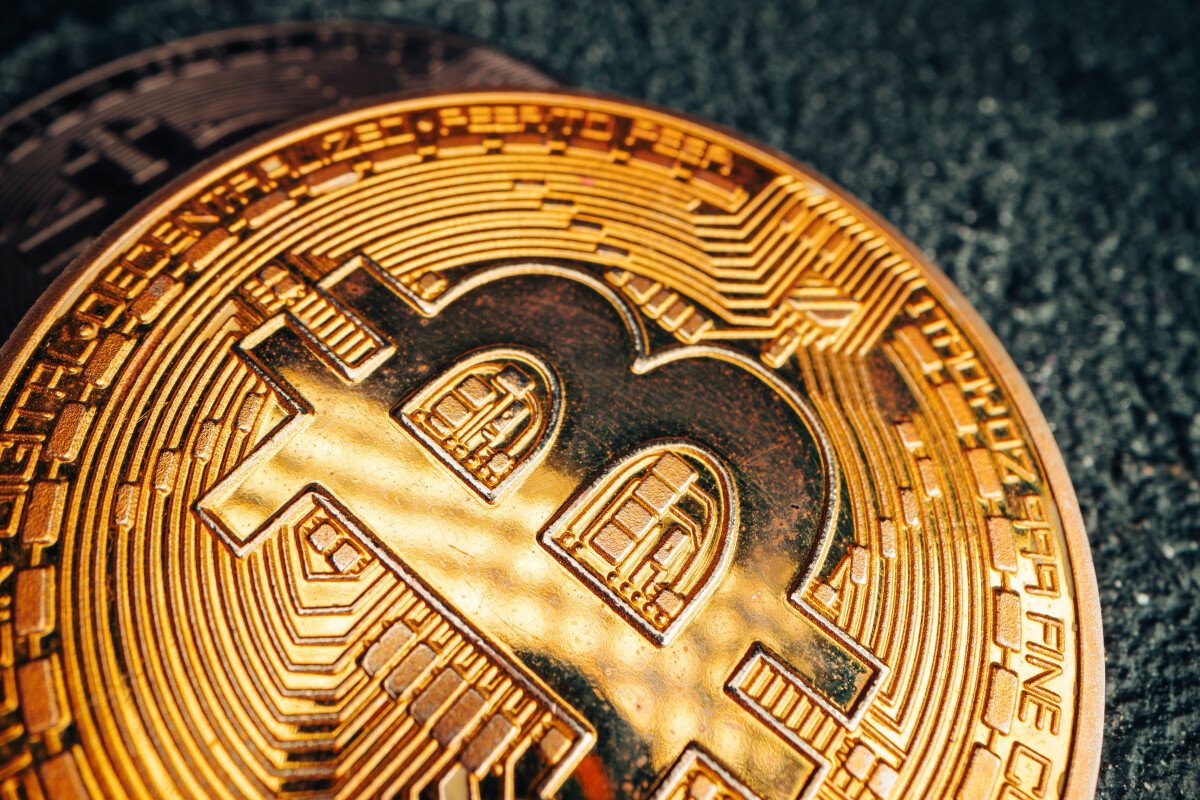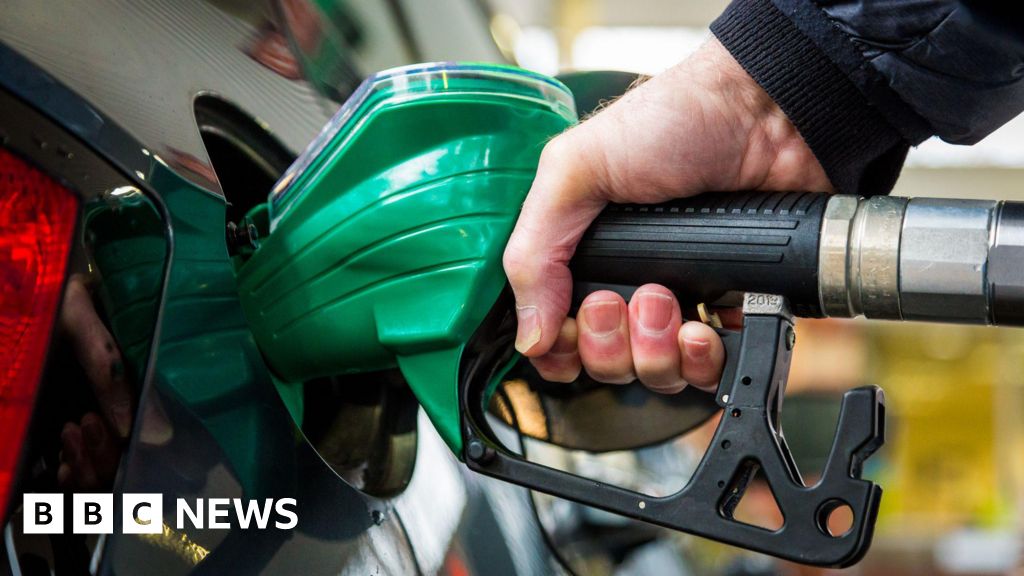Last Friday was a historic day for the Bitcoin network.
For the first time in Bitcoin’s history, the number of wallet addresses holding at least 1 BTC entire token surpassed one million.

The consistent rise in the number of so-called “wholecoiner” Bitcoin wallets, which resumed in 2022 after pausing in 2020 and 2021, comes amid a continued rise in the number of wallets holding at least 0.1 and 0.01 BTC, as well as a continued increase in the number of wallets with a non-zero balance.
Those wallet cohorts are now at 4.367 million, 12.032 million and 46.715 million respectively, all at or close to record highs.
The more egalitarian distribution of the Bitcoin supply comes as new Bitcoins continue to be mined (at a current rate of around 6.25 per 10 minutes as each block is added to the chain) and distributed amongst the miners, with these coins then eventually finding their way onto the market.
It also comes as Bitcoin’s adoptions by society at large grows – as more and more people take and interest in Bitcoin and start investing, higher demand pushes the price up (in the long-run, anyway) and incentivises early Bitcoin investors/adopters with a large stash to start distributing their holdings.
Can Wholecoiners Be Considered “Smart Money”?
According to trends in the growth rate of the number of wholecoiner wallets in recent years, some might consider this cohort of wallets to represent so-called “smart money”.
Smart money refers to investors who are highly educated and/or engaged in the market – which those who own 1 Bitcoin or more are likelier to be than say your average investor who just owns a few hundred bucks of BTC.
During the parabolic bull run of late 2020 and the period of a high average Bitcoin price in 2021, growth in the number of wholecoiner wallets stalled and even went negative at times.
That suggests wholecoiners were cashing in on the bull market and selling to the smaller cohorts, whose numbers generally kept rising throughout the bull market.
The growth rate of the number of wholecoiners only really began picking up again from June 2022, when the Bitcoin price crashed back under $30,000, before leaping in November after the collapse of crypto exchange FTX triggered a rush amongst Bitcoin investors to take self-custody of their holdings.
The continued push higher in the number of 1 BTC holding wallets might thus be taken as a sign that “smart money” continues to “buy the dip”.
Indeed, while the world’s largest cryptocurrency has performed exceptionally well so far this year (BTC was last up around 65% year-to-date), at current levels in the low-$27,000s, it still remains around 60% down versus its 2021 record highs in the $69,000 area.

While a Bitcoin bull market may well be back, it’s still very much in its early stages.
And when the growth rate of the number of wholecoiner wallets slows/reverses, that could be a sign that the bull market is maturing.
Credit: Source link











